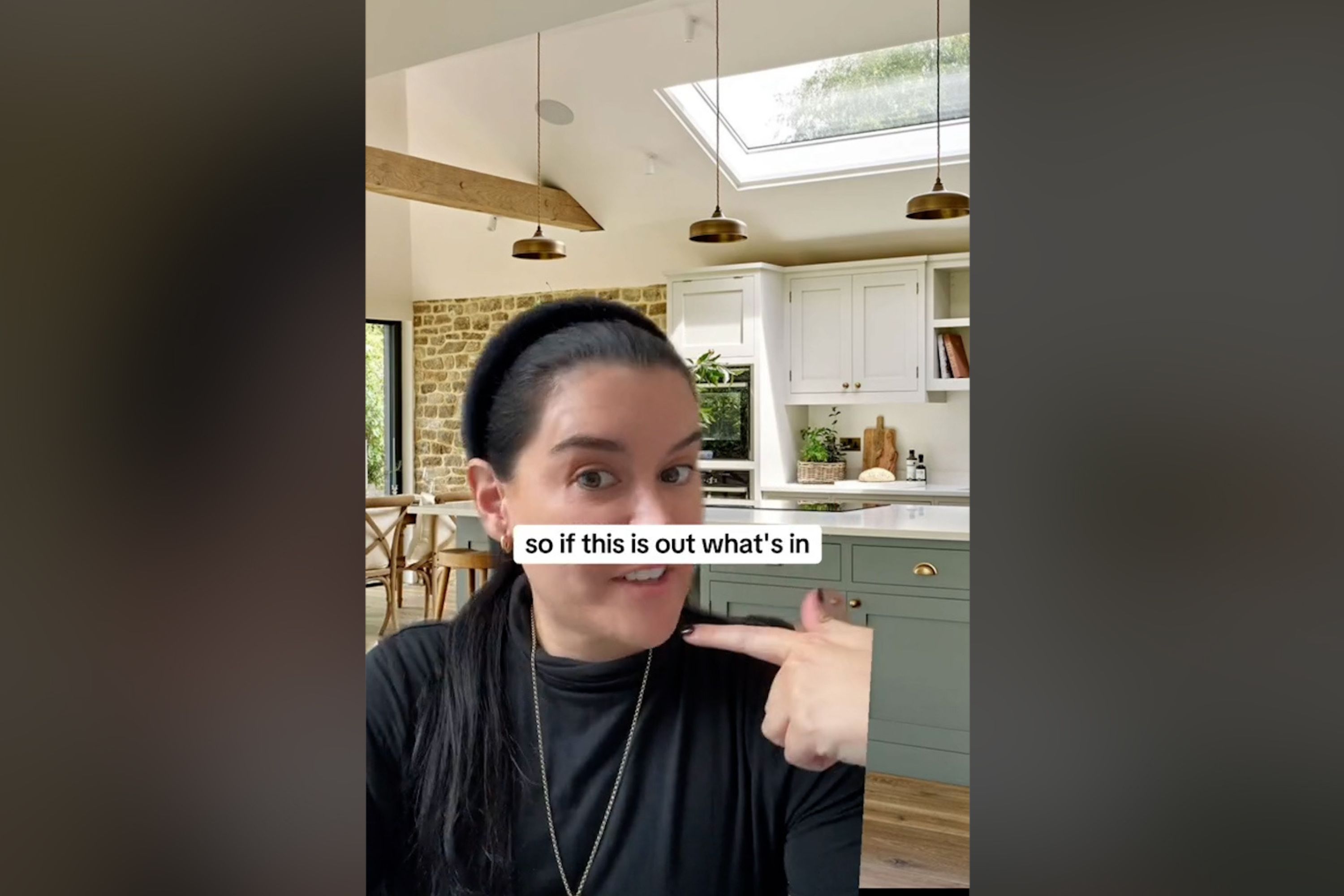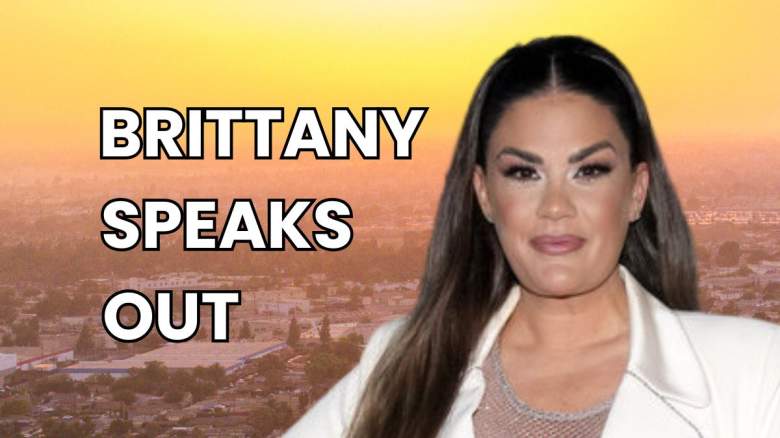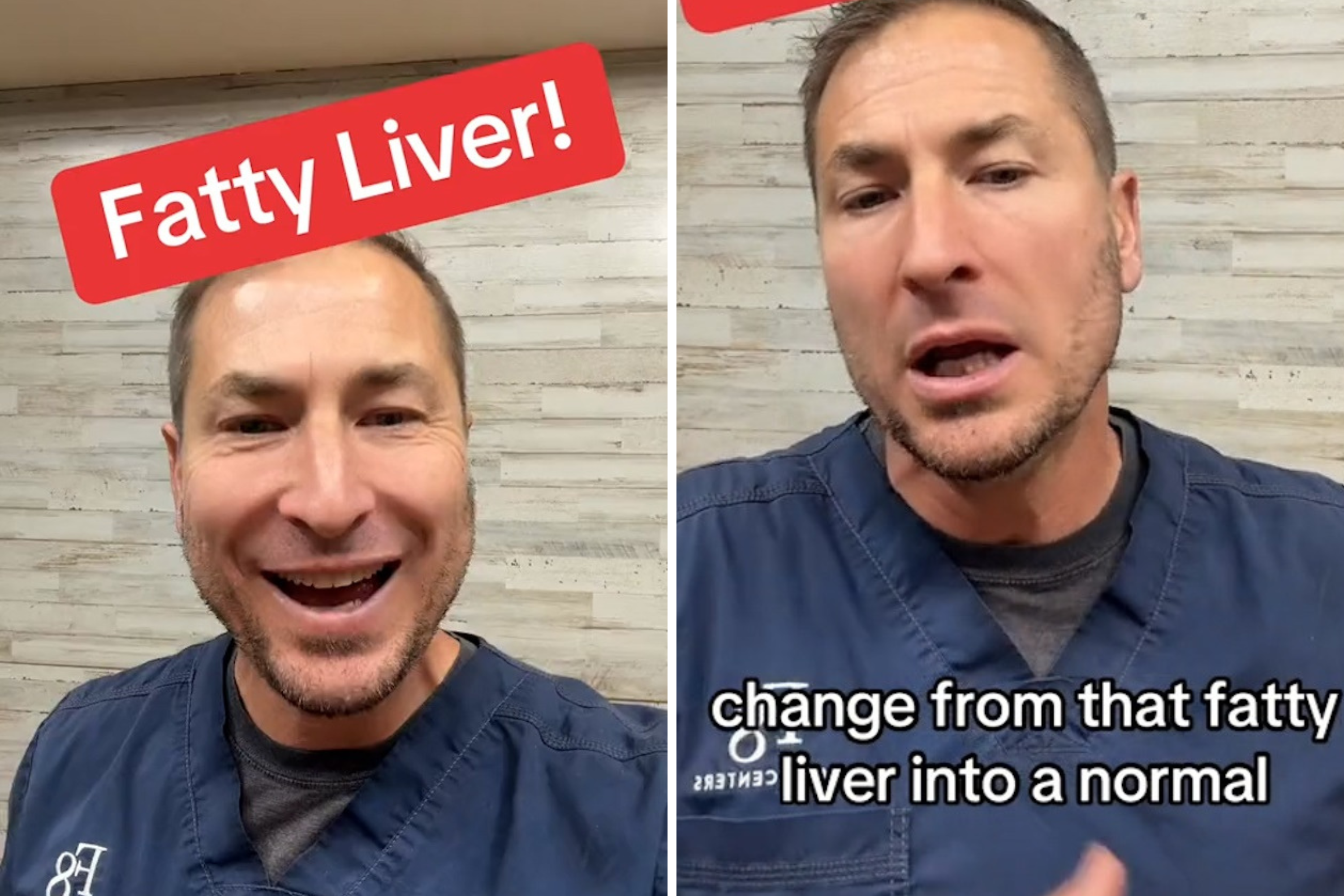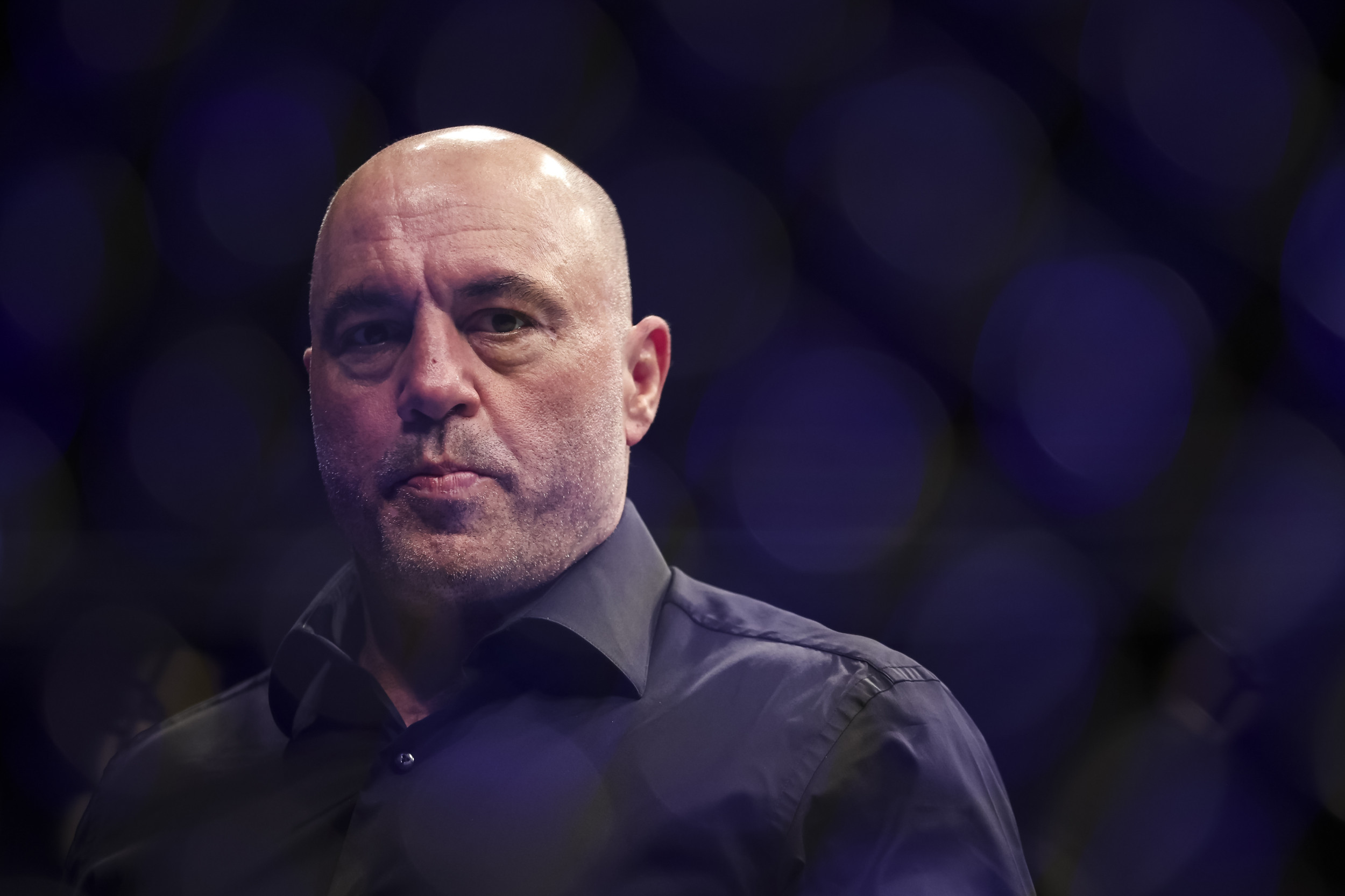When 36-year-old Korie Leigh got pregnant in 2019, it was a complete surprise. Throughout her 20s, she suffered from debilitating endometriosis, and doctors informed her that having children was going to be hard, if not impossible.
"I just kind of put that in the back of my mind," Leigh told Newsweek.
Starting a family wasn't a strong desire for Leigh at the time, like a lot of women in their early 20s. Instead, she was focused on building a career as a child life specialist.
Leigh grew up in Oswego, a small town on Lake Ontario, and also spent a large part of her childhood in Great Barrington, Massachusetts. From a young age, she realized that she wanted to work with hospitalized children, something she described as "a little strange" given that she had no lived experience or connection to that world.

She said that child life specialists help children to understand what's happening to their bodies, prepare them for medical procedures and help parents and siblings to cope and manage a potentially traumatic experience.
Leigh originally went to school for music therapy, but during her freshman year at college, she found out about a health care career in child life and transferred to Wheelock College in Boston. Before graduating, she had a paid position as a child life specialist and then transitioned to oncology, working with children with cancers and blood conditions.
Although this was an accidental deviation, Leigh realized it was a huge passion of hers, so she went back to school and obtained a master's in public health with a concentration in thanatology and became a certified thanatologist. Thanatology is the multidisciplinary study of death, dying, grief and loss.
At 25, she was diagnosed with endometriosis, for which she had to have surgery, and five years later she needed more surgery because it had come back even more aggressively.
The message from her doctors put Leigh in a state of grief. "I just said, I'm going to have to grieve the loss of not ever having kids, and that's what I did for most as my 20s and early 30s," she said.
Then, to her surprise, she got pregnant by accident. "It turned my world upside down in so many ways because I had spent so much of my life grieving this idea that I couldn't have kids and working through what that meant for myself and my identity. It really pivoted my whole perspective," she said.
While it was a shock, Leigh said that she and her husband at the time (she's now divorced) were excited to start a family in Boston. Because of her endometriosis and age—she was 36 when she got pregnant—she was classed as high-risk.
Leigh said she was happy with the care she was receiving, but then she was thrown another curveball. She was offered a job in Georgia, where the Heartbeat Bill was under consideration in the Legislature, prohibiting abortions after a fetal heartbeat is detected, which can happen as early as six weeks into a pregnancy.
"That was something just in the back of my head. I was offered this really prestigious position in Georgia [and thought], It'll be fine, right?"
Leigh accepted the job offer, and in July 2019 she moved to Georgia with her husband. There, she encountered problems receiving timely medical care and wasn't able to see an obstetrician (OB) until two weeks later.
"In that two-week time span, I missed the nuchal translucency ultrasound, where they do an in-depth ultrasound looking at the growth and development of the fetus, which, in hindsight, would have been important information to have for me," she said.
The OB in Georgia wasn't able to do that sort of a scan and instead did a series of blood tests to detect any abnormalities. The couple received the results two weeks later, which showed chromosomal abnormalities and a very slow growth of the fetus.
"Those two things combined led us to make the heartbreaking decision to end the pregnancy, and if I had done this through my OB, I would have had to go through an ethics review board where other people would have to look at my case and determine if they would allow a termination to happen," Leigh said.
Instead, the couple visited an abortion clinic in Atlanta. Leigh was 16 weeks pregnant, and before the implementation of the six-week ban, Georgia allowed abortions up to 20 weeks of pregnancy under a law passed in 2012.
Leigh said she had to walk through protesters, a metal detector and bulletproof glass when entering the clinic. After the procedure, her husband had to drive the car around to the back of the clinic, where there was a separate entrance so protesters wouldn't know where people were exiting.
"It was quite traumatic in a lot of ways to first endure the heartbreaking decision to end a very wanted pregnancy and the added layers of stigma and taboo in the political landscape at the time," Leigh said.
She terminated her pregnancy in August 2019, just seven days after starting a new position in the University of Georgia's Department of Human Development and Family Science. Her first class was teaching an introduction to infant development.
"When I think back to the first months of my loss, I really don't have a lot of memories. My husband also struggled; we were grieving together apart," Leigh said. For many mothers who have experienced pregnancy and infant loss, remembering their baby is a key part of the grieving process.
Although she was now a qualified death care professional and grief counselor, Leigh was faced with a juxtaposition: her professional position and her personal experience.
"I had all of this knowledge, and I understood how to sit with a grieving individual, how to support them through their loss, how to offer recommendations for remembering their baby. For me, I couldn't think of a single thing. I didn't know what to do," she said.
It started with little things, such as lighting a candle and her husband saying a prayer to hold a space for Leigh, who couldn't find the words.
"In those first few months, it was so hard for me to even know not just what to do but what felt right, what felt appropriate to honor a baby that I never got to meet. We named him, but there was this disconnect that I felt within myself," she said.
The couple were then faced with another obstacle that no one saw coming. A few months after the termination, the pandemic hit, making it even harder to find ways to honor their baby. "We were very isolated in our own grief, which made it triply hard to figure out all of these different ways to honor him," Leigh said.
About a year after her loss, Leigh wrote her first book, What Does Grief Look Like? (She's also the author of It Won't Ever Be the Same: A Teen's Guide to Grief and Grieving.) On the second anniversary of her loss, she got a tattoo of a hawk as a symbol of her unborn son.
Leigh, now 41, recently marked the four-year anniversary of her loss with Parting Stone in Santa Fe, where she lives. It provides a service that solidifies ashes into stone form.
"That was a real turning point for me, where I was able to turn that vigorous grief and turn it into an artifact. The experience of being able to hold my baby in stone form was transformational," she said.
Leigh works with many clients to make space for grieving a pregnancy and child loss—a lot of whom have had to experience terminations for medical reasons. She said many pregnancy loss support groups are geared toward miscarriage and stillbirths, which is a big challenge in her line of work.
"I've had clients try and go to one of these support groups and literally been told, 'You're welcome here but you can't share your story. You can show up and participate, but you can't share your story,' which further stigmatizes an already stigmatized and disenfranchised experience," she said.
First and foremost, Leigh wants parents who have experienced grief and loss to know that their baby mattered.
"Another thing I work on with my clients is integrating that identity of being a parent. So finding ways, whether they're tangible things that you do, such as lighting a candle or having a place in your home that feels nourishing and supportive that you can go to to honor your baby's life," she said.
Another coping strategy she teaches is giving her clients a ritual.
"A ritual is nothing more than an act that is infused with meaning, so we can make washing the dishes a ritual, waking up in the morning and looking at the sky. It's something we do with purpose.
"Taking the idea that death means the end of a life and not a relationship and locating that within yourselves, which sounds abstract because it's an internal process, [and] trying to reconcile that loss with the life that you're leading," she said.



















 English (US) ·
English (US) ·